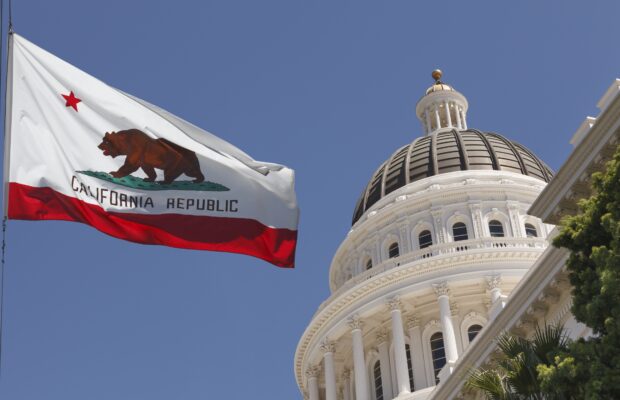On April 24, Senator Scott Wiener’s SB 50 passed the Senate Governance and Finance Committee with bipartisan support, incorporating amendments that limit the bill’s scope. It is scheduled to be heard by the Senate Appropriations Committee on May 13. As previously reported, SB 50 mandates a combination of “equitable communities incentives” and a streamlined, ministerial approval process designed to promote housing production for qualifying projects on eligible sites. The amendments are part of a compromise agreement with Senator Mike McGuire and incorporate provisions from his previously competing measure, SB 4.
As amended, SB 50 continues to require that local agencies grant certain “equitable communities incentives” when a project sponsor seeks to construct a residential development that meets specified criteria such as being a “transit-rich” or “jobs-rich” housing project, as defined in the legislation, and complies with tenant protection and other requirements. The incentives limit local agencies’ ability to impose density limits and minimum parking requirements on qualifying projects. For projects within 1/2 or 1/4 mile of a major transit stop, the legislation would also impose minimum height limits of 45′ and 55′ (four to five stories), respectively. The amendments to SB 50 would mandate these incentives only for the state’s largest 15 counties, all with a population of over 600,000. The legislation also exempts certain sites, including those with certain historic designations or that contain existing rental housing, or that are located in a very high fire severity zone or in a coastal zone and in a city with a population of under 50,000.
For counties with populations of 600,000 or less, a qualifying project in a city with a population of over 50,000 and within 1/2 mile of a major transit stop would be eligible for different incentives, including an additional one story above the otherwise allowable height, and relief from maximum density and minimum parking requirements. There are additional exemptions related to historic district and floodplain designations.
As before, the legislation delays implementation for designated “sensitive communities” to allow time for planning efforts directed at affordable multifamily housing.
The legislation would also create a statewide streamlined ministerial process to convert vacant land and homes to multifamily buildings of up to four units. Qualifying conversions could not propose substantial exterior alteration and would be required to meet certain local land use controls such as height, setback, and lot coverage as they existed on July 1, 2019.
SB 50 has a number of co-authors and early supporters, but continues to face opposition from some cities and counties, principally over loss of local land use control, and housing advocates concerned with gentrification and displacement.


